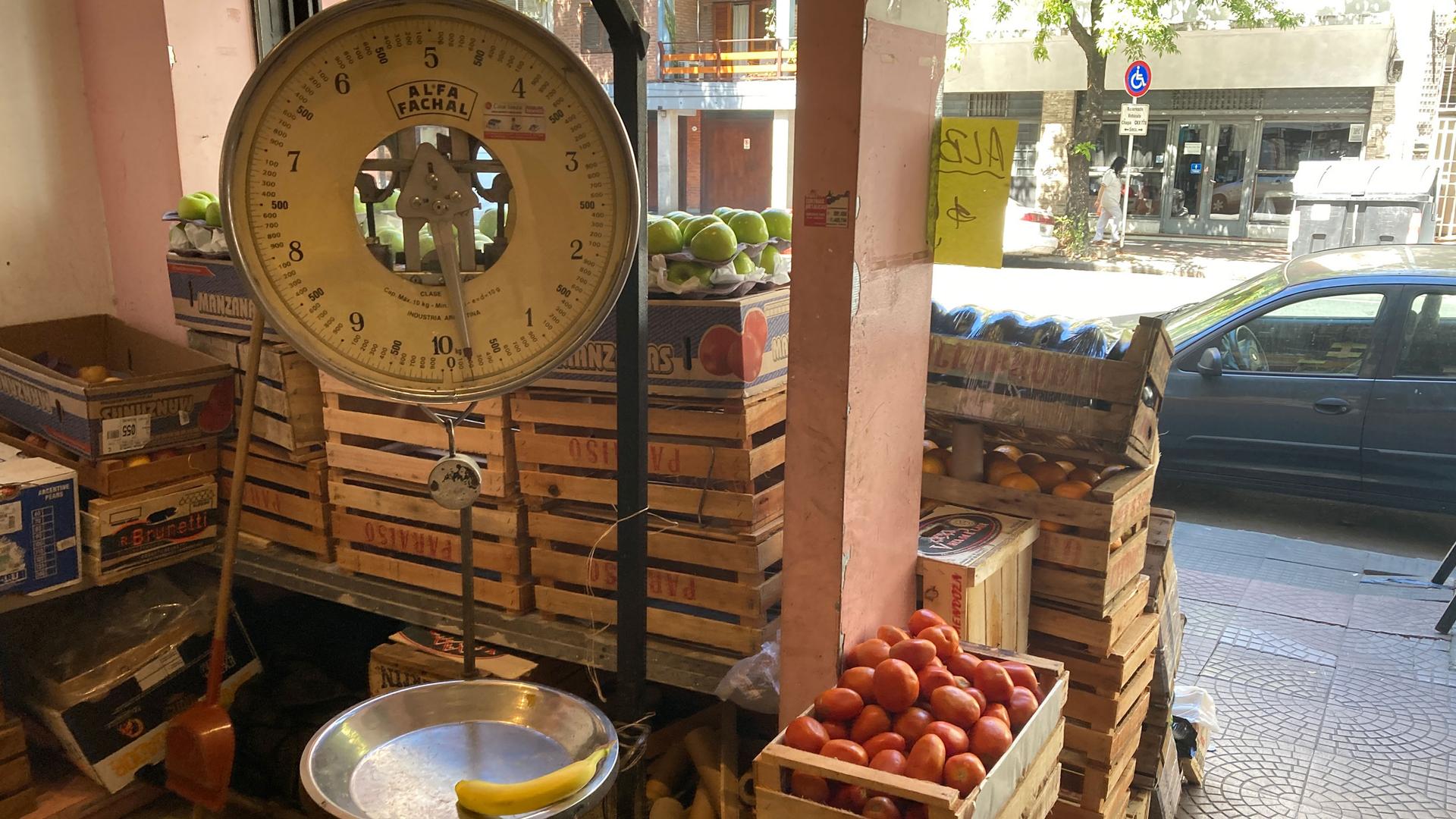Argentines wage ‘mental war’ against inflation as prices double in a year
At a butcher shop in Buenos Aires, Argentina, owner Martín Riente must change price tags every day to account for the country’s rampant inflation.
Staple beef cuts like lomo, nalga and cuadril are becoming prohibitive. He said a kilo of milanesas, a traditional meat dish, costs nearly three times what its price was more than a year ago.
In business for the last 26 years, Riente, 43, is well acquainted with ever-increasing prices — but not this much, and this fast.
“I’ve never seen anything like this,” he said. “It’s appalling. It’s out of control.”
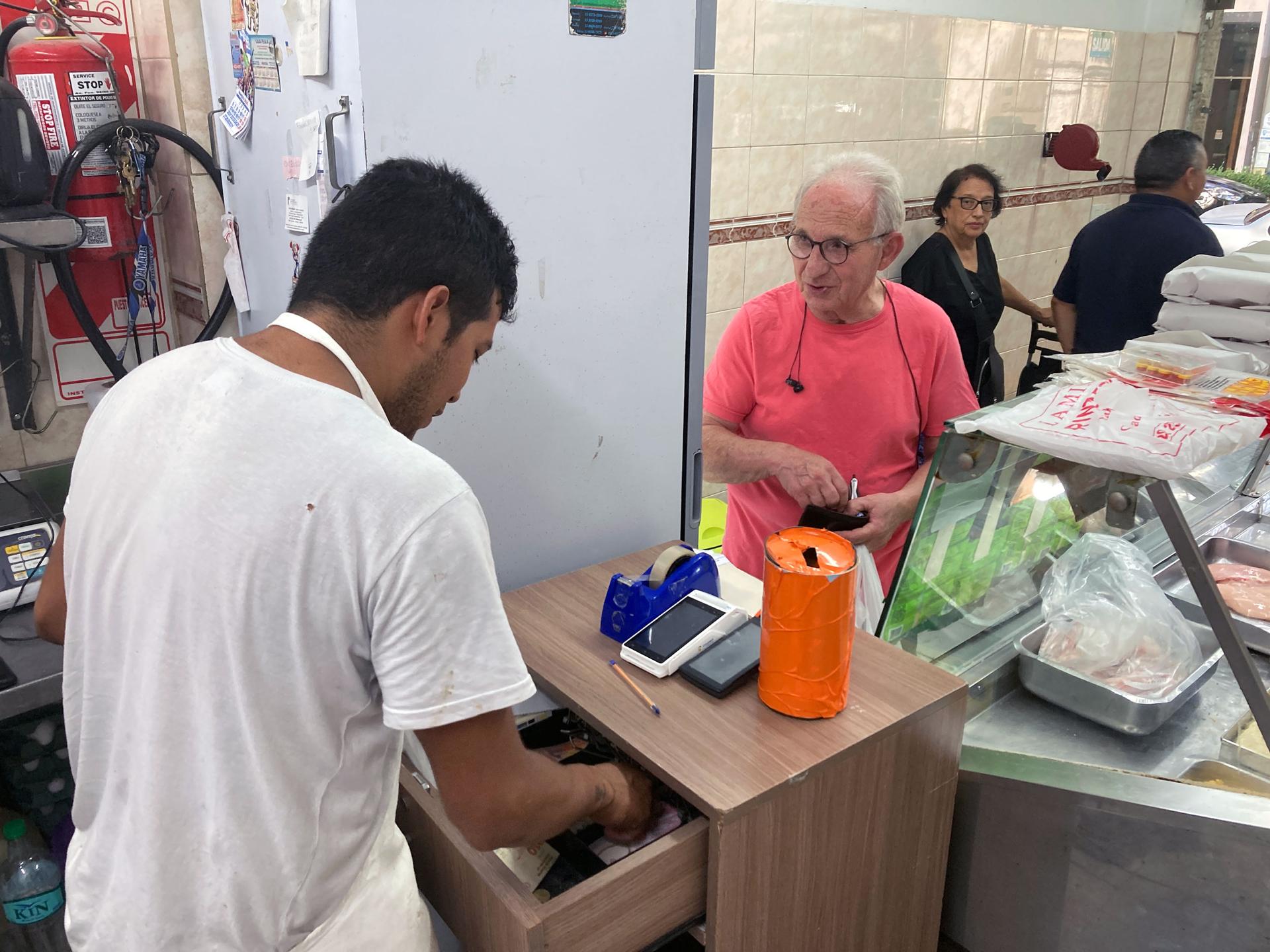
High inflation has long haunted Argentina’s economy, but it is now reaching excruciating levels. In February, the annual inflation rate hit 102.5%, the highest in three decades — meaning prices of consumer goods doubled on average from last year.
At the butcher shop, customer Claudia Chaid, 53, is stressed by the emotional toll of inflation. She said she cannot recall a time in her life when it was not a concern.
“It’s madness. It’s like a mental war one wages all the time, racing against numbers.”
“It’s madness. It’s like a mental war one wages all the time, racing against numbers,” she said.
Chaid’s salary as a teacher has increased, but not enough to match inflation. Still, she felt fortunate, and said others are in a far worse situation.
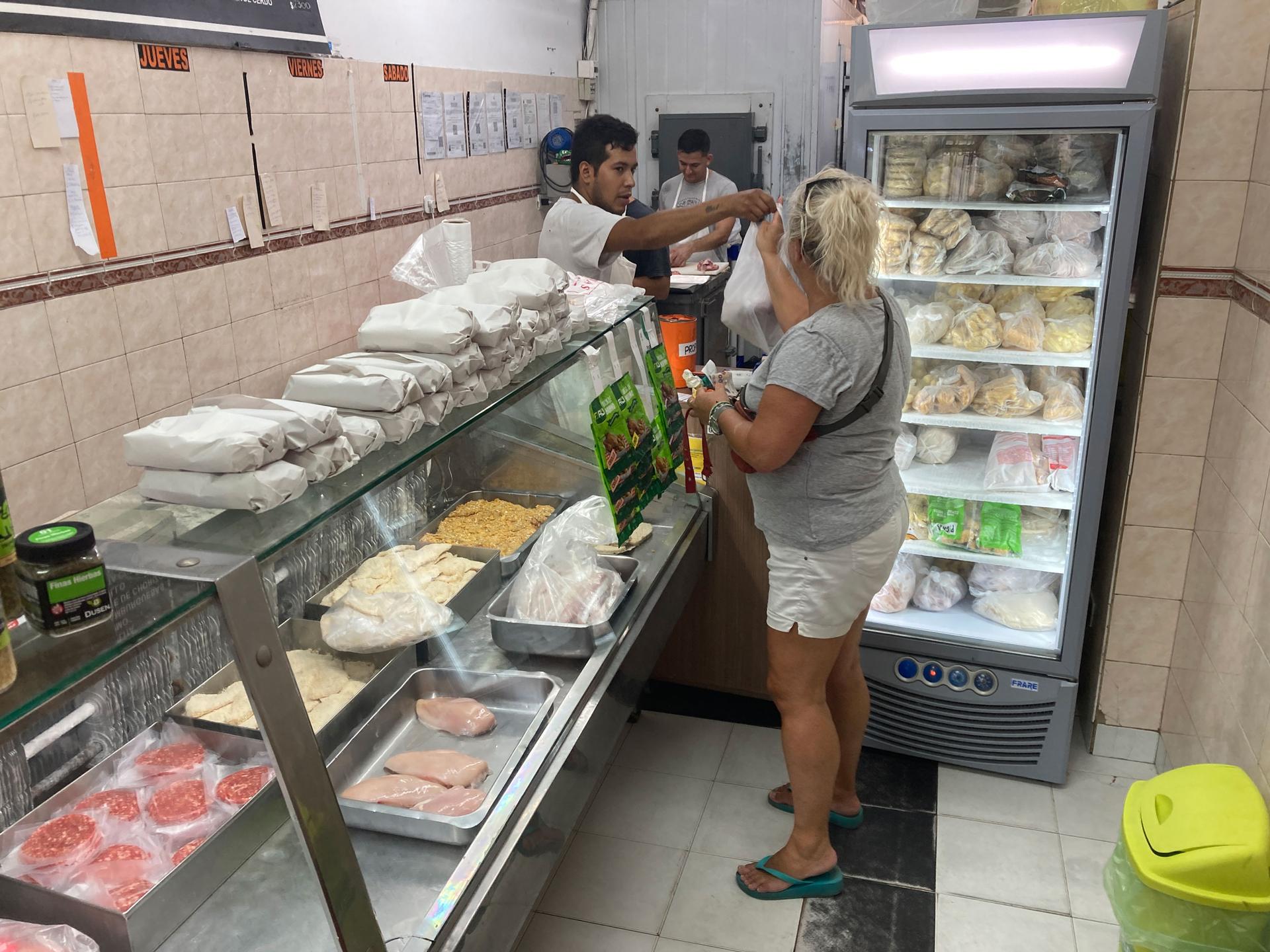
Riente said more expensive meat is one of the worst things that could happen in Argentina, where asado, or barbecue, feeds family and friends at gatherings every weekend.
“In Argentina, first comes the asado, and then comes the mother,” he said.
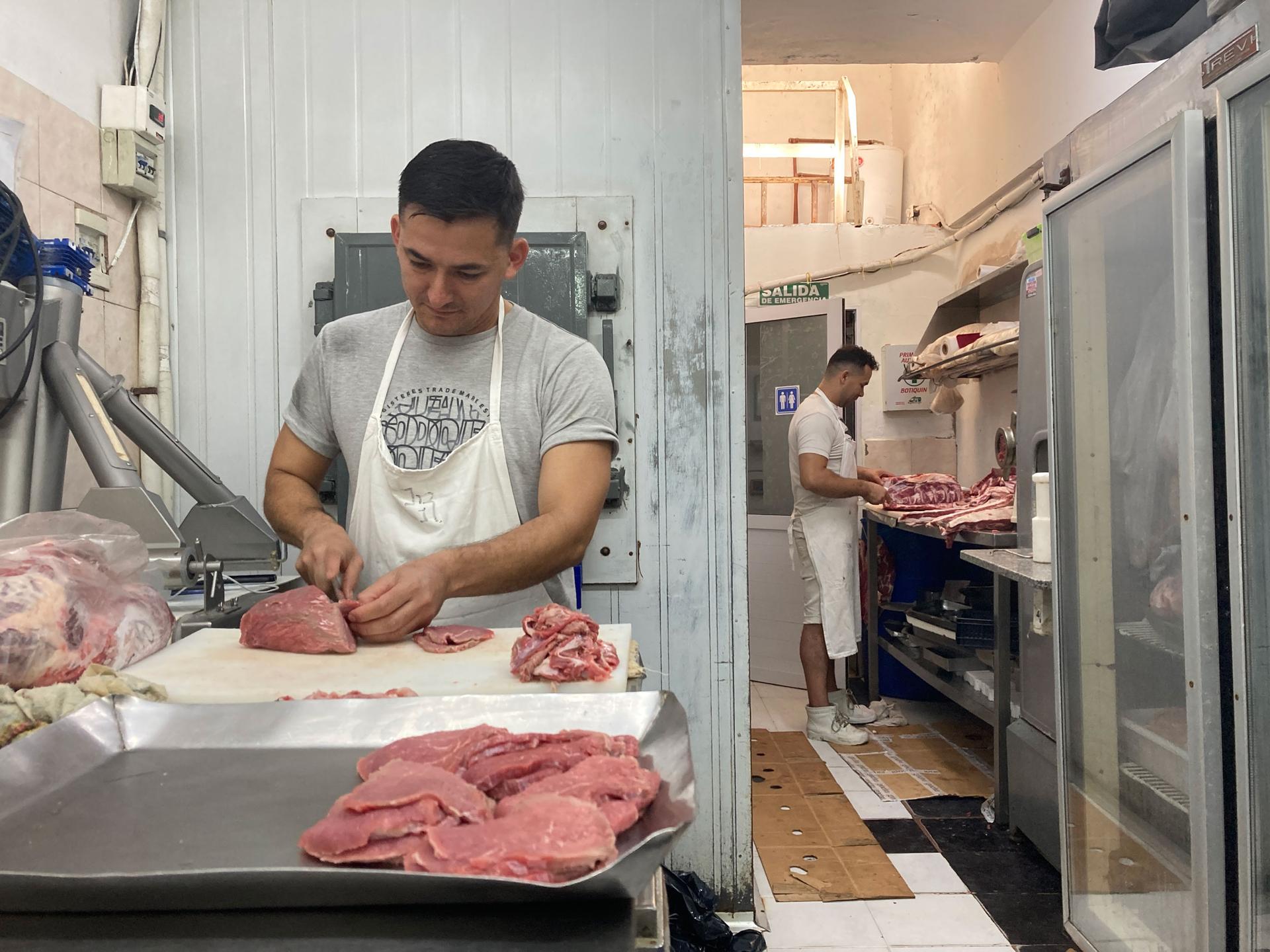
The price of some vegetables and fruits has skyrocketed even higher. In February 2021, a kilo of oranges cost 89 pesos ($.42). This February, the price was 350 pesos ($1.66) — a 294% increase.
Because of the devaluation of the peso, the surge is less dramatic when converted to dollars: from $0.83 to $1.78, a 114% increase, although exchange rates vary greatly.
Many Argentines keep their savings in dollars due to inflation.
Fernando Basbús, a vegetable store owner who continues to work despite being officially retired at 70, said saving in pesos is “worthless.”
“If you keep 10, tomorrow you have eight, and the day after you have six.”
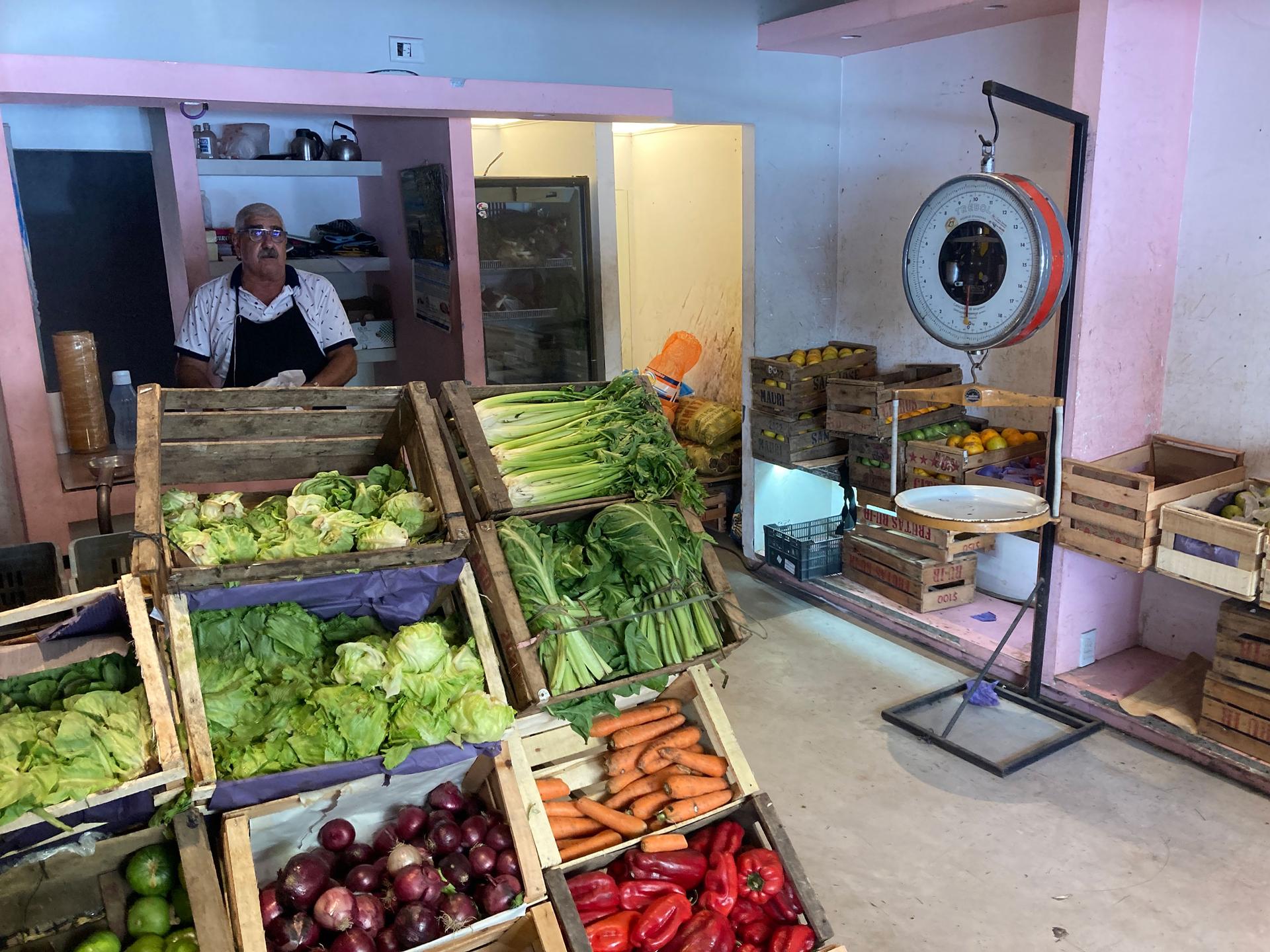
Globally, Argentina’s inflation is only surpassed by a handful of countries with collapsing economies, like Lebanon or Venezuela.
In recent years, the pandemic, the war in Ukraine and the ongoing drought all dealt blows to Argentina’s aching economy.
But the country’s long history of inflation runs deep, according to Juan Pablo Nicolini, a senior research economist with the Federal Reserve Bank of Minneapolis, Minnesota.
Nicolini, who is also a part-time professor at the Universidad Tocuato Di Tella in Buenos Aires, said that successive Argentine governments have spent more than what they collected through taxes, and borrowed money to balance the books.
But after repeated debt defaults, lenders grew skeptical of Argentina, so the only option left was asking its central bank to print more money.
“When you do that systematically, when you print more money than the quantity of goods increases over time, which is the growth of the economy, then you get inflation,” Nicolini said.
Argentine governments that have come and gone all promised to tackle inflation — each with their own recipes — but have largely failed.
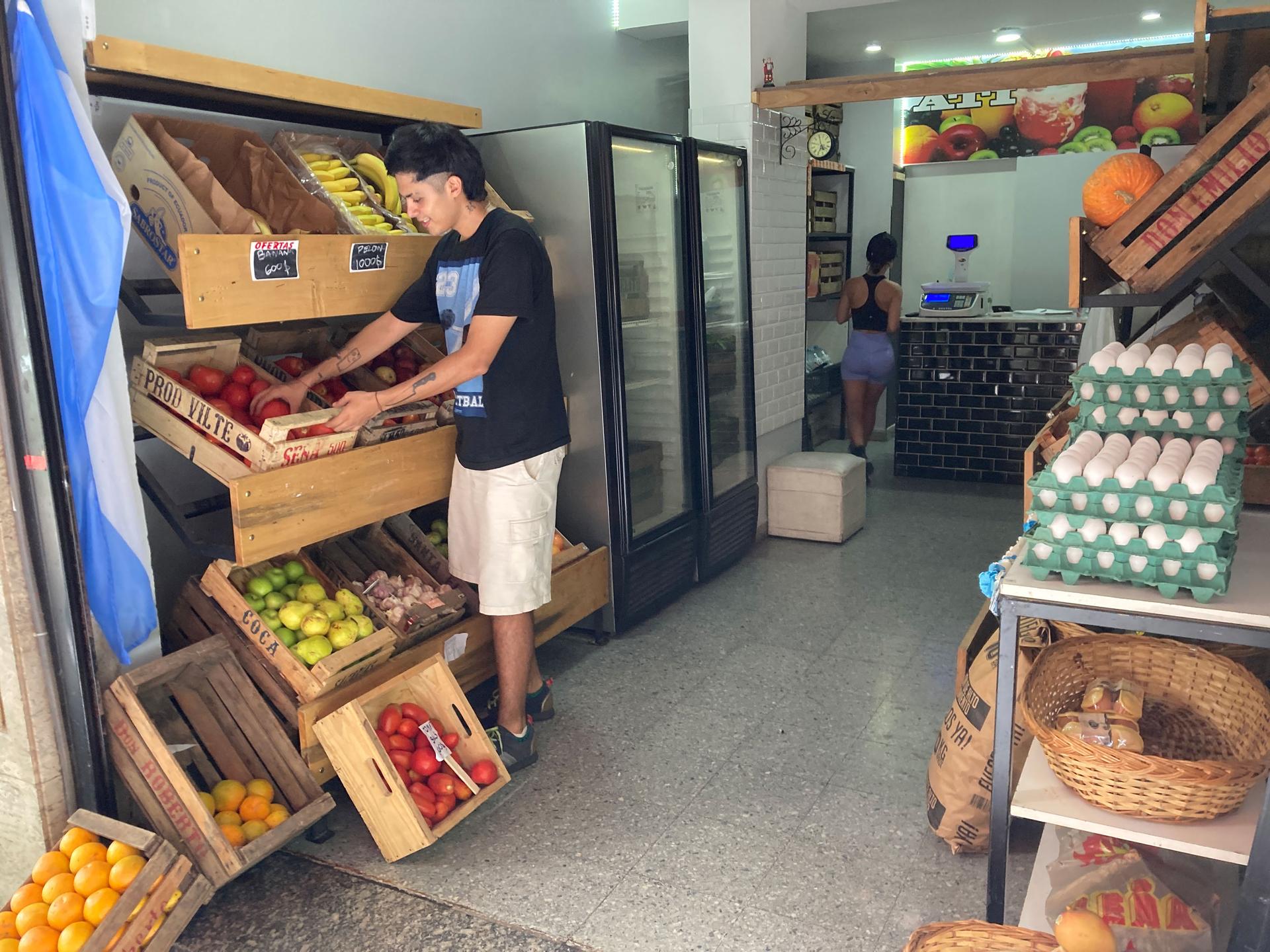
Current Finance Minister Sergio Massa called inflation “the fever of a sick economy” at a rally in January, one that hits “regularly.” He encouraged people to “lower the fever.”
However, Nicolini doubts that that will be the case, since the Argentine government continues to spend more than what it collects, and international markets are wary of lending any more money.
“This is an election year, so there is the possibility that the government will increase its spending, and then ask the central bank for more money. So, we should not be surprised if inflation goes higher than 100% this year and the next,” he said.
At the butcher shop, Claudia Chaid said she has faith in a better future, however long it may take, because the country is very rich in natural resources.
Chaid expects the coming year to be a difficult one, but hopes things will get better after the election.
“Hopefully, the next government can do some magic trick, somehow, and solve this.”
We want to hear your feedback so we can keep improving our website, theworld.org. Please fill out this quick survey and let us know your thoughts (your answers will be anonymous). Thanks for your time!
